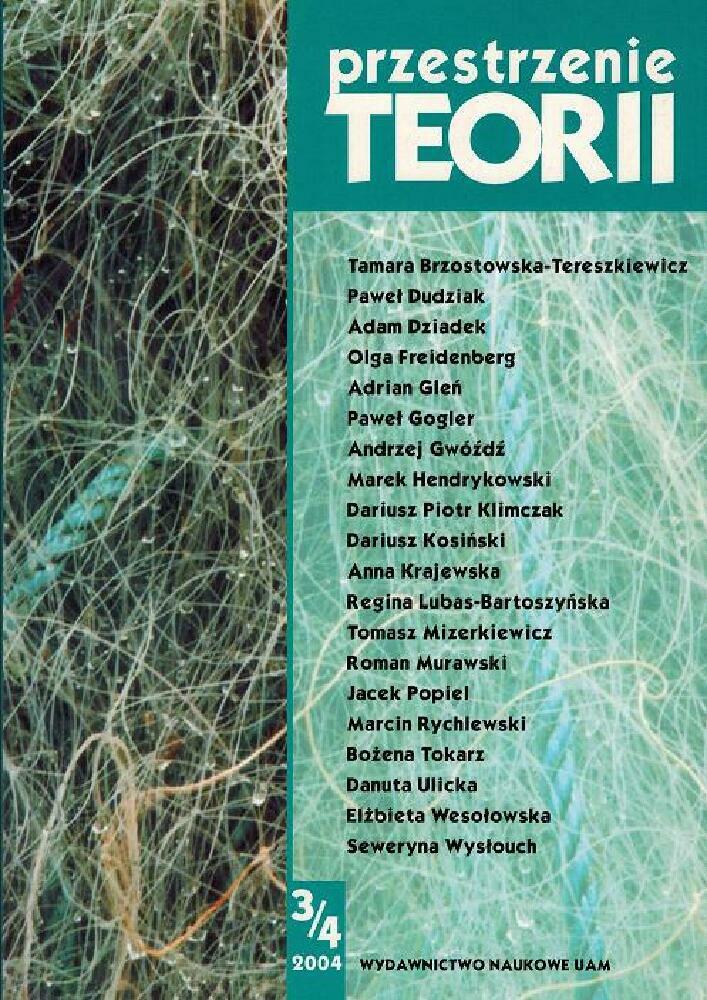Abstract
This article discusses the content of an album of P. Lejeune and C. Bogaert, published in Paris in last year (in 2003), dedicated to a personal diary. The fact of bringing out of this publication became for the author of this article an impulse to present an anthropological view at the form of diary. The author - taking an opportunity of presenting the content of the album - gives an outline of the tradition of the genre, discusses various criteria (geographical, historical, sociological) which have an influence on the development and formation of this literary form. The author also draws attention to the significant features of a personal diary (the ones which differ it from, e.g. autobiography) and its kinds (from the purest form of a personal, intimate diary through the diary-letter written by one to him/herself to some unconvetional diaries such as: a painter's diary, diary-comic-strip, film diary, diary-photograph, on line diary - blog). While also pointing to such forms as: spiritual diaries, journey diaries, log books, and historical chronicles, the author emphasises the necessity of relating the origin of the diary with a concrete situation of men.License
Authors
Authors of texts accepted for publication in Przestrzenie Teorii are required to complete, sign and return to the editor's office the Agreement for granting a royalty-free license to works with a commitment to grant a CC sub-license.
Under the agreement, the authors of texts published in Przestrzenie Teorii grant the Adam Mickiewicz University in Poznań a non-exclusive, royalty-free license and authorize the use of Attribution-NonCommercial-NoDerivatives 4.0 International (CC BY-NC-ND 4.0) Creative Commons sub-license.
The authors retain the right to continue the free disposal of the work.
Users
Interested Internet users are entitled to use works published in Przestrzenie Teorii since 2015, for non-commercial purposes only, under the following conditions:
- attribution - obligation to provide, together with the distributed work, information about the authorship, title, source (link to the original work, DOI) and the license itself.
- no derivatives - the work must be preserved in its original form, without the author's consent it is not possible to distribute the modified work, such as translations, publications, etc.
Copyrights are reserved for all texts published before 2015.
Miscellaneous
Adam Mickiewicz University in Poznań retains the right to magazines as a whole (layout, graphic form, title, cover design, logo etc.).
